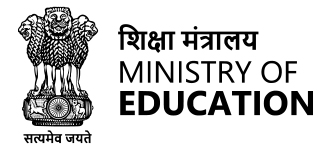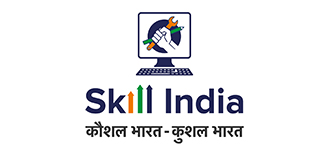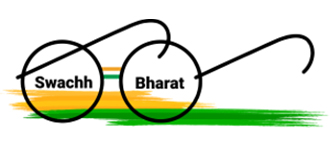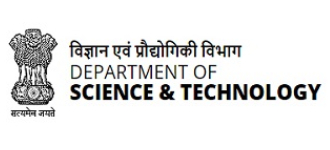| Start Date: | 2024-08-16 | Course Code: | CE 5503 | L-T-P-C: | 3-0-0-3 |
|---|---|---|---|---|---|
| Course Name: | Unsteady Open Channel Flow | Semester: | 1st | Course Faculty: | Dillip Kumar Ghose |
Course Plan
|
CODE |
Unsteady Open Channel Flow |
L |
T |
P |
C |
|
CE-5503 |
M.Tech. (Water resources Engineering), 1st Sem (Core) |
3 |
0 |
0 |
3 |
Unit 1: Introduction to Open Channel Flow – Types of flows – Velocity and Pressure Distribution – Equation of continuity – Energy equation – Momentum equation.
Unit 2: Energy-Depth relationship – Specific energy – Critical depth – Calculation of critical depth – Section factor –Computations.
Unit 3: Uniform flow – Chezy equation – Darcy-Weisbach friction factor f – Manning’s formula – Other resistance formulae – Velocity and Shear stress distribution – Uniform flow computations – Hydraulically efficientchannel sections.
Unnit 4: Gradually varied flow – Differential equation of a GVF – Classificationof flow profiles – Features of flow profiles – Control sections – Analysis of flow profiles.
Unit 5: Rapidly varied flow – Momentum equation for jump formulation –Hydraulic jump is a horizontal rectangular channel – Jumps in horizontal non rectangular channels – Use of jump as an energy dissipator – Locationof jump.
Unit 6: Unsteady flows – Introduction to Gradually varied unsteady flow (GVUF) and Rapidly varied unsteady flow, Review of basic equations; 2D Shallow water flow equations: Boussinesq equations, Finite - difference solutions: explicit and implicit methods; Supercritical flow computation; Sediment routing models.
Unit 7: Mobile bed channel hydraulics – Introduction – Sediment properties – Initiation of motion of sediment – Bed forms – Sediment load – Design ofstable channels carrying clear water – Regime channels – Scour.
Text/Reference books:
- Chow, V.T., Maidment, D.R. and Mays, L.W. (2010),"AppliedHydrology", Tata McGraw Hill Edition
- Warren Viessman, Jr. and G L Lewis, (2008), “Introduction toHydrology”, Prentice Hall IndiaPvt.Ltd., New Delhi
- McCuen R.H. (2005), Hydrologic Analysis and Design", Prentice Hall Inc.NYork.
- K.Subrahmanya, Open Channel Flow,TMH
Course Outcomes: At the end of the course, students will be able to:
CO- 1: Solve uniform and non-uniform flow problems in open channel flows.
CO- 2: Analyze and Solve Gradually Varied Flow (GVF) and Rapidly Varied Flow (RVF)problems.
CO- 3: Understand basic concepts of Gradually Varied Unsteady Flow (GVUF) and Surges
CO- 4: Design channels in mobile bed boundary conditions.
|
PO-01 |
PO-02 |
PO-03 |
PO-04 |
PO-05 |
PO-06 |
|
|
CO-1 |
2 |
3 |
2 |
2 |
2 |
2 |
|
CO-2 |
2 |
3 |
2 |
2 |
2 |
2 |
|
CO-3 |
3 |
3 |
3 |
2 |
2 |
3 |
|
CO-4 |
3 |
3 |
3 |
3 |
2 |
3 |
Marks distribustion:
Minor Test= 10 marks
Assignment= 10 marks
Mid-Semester Exam= 30 Marks
End-Semester Exam = 50 Marks
Total Marks= 100 Marks
Class Notes & PPTs
- - PPT










